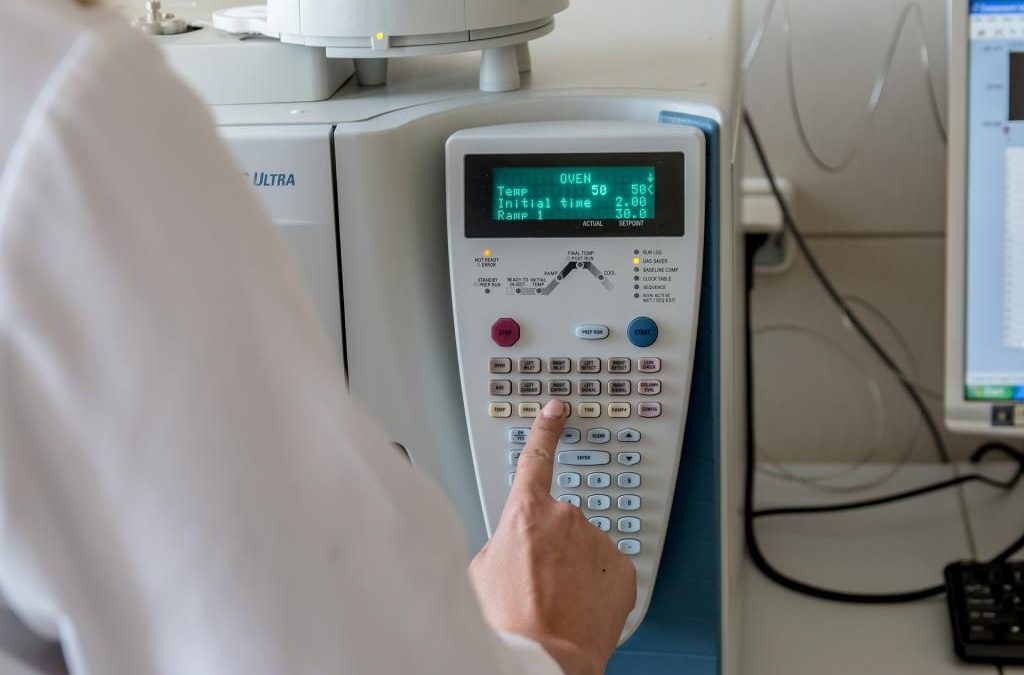
The Impact of Medication Adherence on Reducing Costs
November 16, 2018
Patient Engagement in the Modern Age of Healthcare
November 30, 2018How to Reduce Hospital Readmissions
Hospital readmission rates have become a growing concern in the effort to improve the national quality of healthcare. It is a stressful process for physicians and patients alike when flaws in treatment plans lead to a hospital readmission, especially within a short period of 30 days. In the current world of value-based treatment plans, multidisciplinary teams of providers are assembling to tackle this issue.
Based on CMS data reports, an estimated $17 billion is spent annually on preventable hospital visits after discharge. Reading this, it is no wonder that over 2000 hospitals have been penalized in the past year due to the overwhelming cost of these visits.
Medicare penalties, under the Hospital Readmission Reduction Program (HRRP), are now taking into consideration a number of targeted conditions when evaluating hospital readmission rates. These conditions include congestive heart failure, septicemia, pneumonia, chronic obstructive pulmonary disease, and cardiac dysrhythmias. The majority of Medicare patients who were readmitted to hospitals in 2017 were affected by one of these top conditions.
Reductions in hospitalizations may be as clear cut as simple improvements in discharge treatment plans. However, this is easier said than done. It is no longer about briefly speaking with a patient and sending them home with an education pamphlet that they may never set their eyes on. Innovations through healthcare technology, patient engagement, and transitional care plans are now becoming the forefront to improve patient outcomes and reduce hospital readmissions.
In lieu of HRRP reforms, the majority of hospital readmissions were found to be caused by inadequate transitional care plans following a hospitalization. The Institute for Healthcare Improvement (IHI) suggests that one third of a total $2 trillion in hospital costs can be remediated by implementing effective transitional care plans.
Transitional Care
Transitional care, according to the National Association of Clinical Nurse Specialists, embodies healthcare services provided when a patient moves from one care setting to another. These services can include follow up monitoring and medication reconciliation when a patient is discharged from the hospital to a nursing home, for instance.
Management of transitional care plans is vital for the improvement of patient outcomes, especially in regard to chronic health conditions. Medicare patients and their families need extra support when they are oftentimes discharged with changes in complex medication regimens. Several studies have shown that this population is particularly susceptible to degradations in care when they are not contacted for follow up and treatment overview.
A randomized, controlled trial determined that hospital readmission rates 90 days after discharge were lower in patients who underwent transitional care interventions compared to patients who did not receive transitional care. The study design included active remote monitoring from a provider to support patients and their families. Further data showed that average hospital costs were reduced by up to $5000 per patient.
In addition to transitional care plans, cloud-based platforms, such as HealthKOS, make it easy to follow up and monitor care with increased patient engagement (hyperlink to patient engagement page). Studies show that healthcare technology which drives patient engagement can generate reductions in hospitalizations through early interventions. Transitional care plans in combination with innovations in healthcare technology may spell out the ultimate solution to reduce hospital readmission rates.


